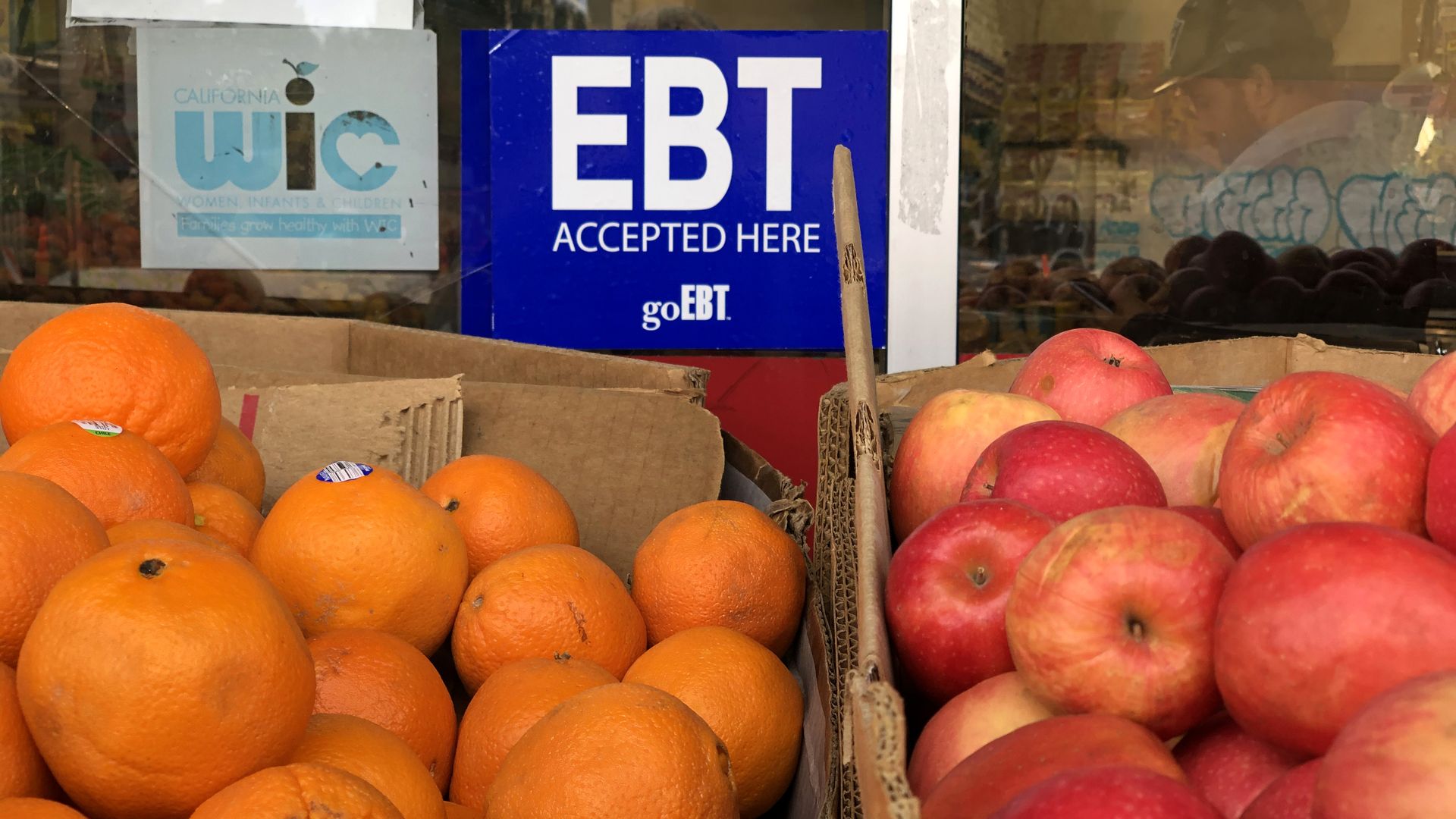Washington, D.C. — As the federal government shutdown inches toward November without resolution, millions of Americans are bracing for a sudden freeze in Supplemental Nutrition Assistance Program (SNAP) benefits. Despite the disruption, officials have clarified that Electronic Benefit Transfer (EBT) cards will not be disabled — though for many, that may offer little relief.
According to recent estimates, more than 42 million Americans — roughly 20 million low-income households — are expected to lose access to their monthly SNAP support if November payments are halted. The U.S. Department of Agriculture (USDA) has already notified states that it will not issue next month’s allocations and will not pull from emergency reserves to cover the gap.
Existing Funds Still Accessible
EBT cards will continue to process transactions in November, but only using remaining balances from previous months. SNAP funds typically remain active for up to a year, meaning technically, households can utilize leftover payments.
However, food security experts say this offers limited comfort.
“Your existing card will continue to work, but your regular payment will not appear,” said Rep. Shontel Brown (D–Ohio). “Keep your EBT card active and secure.”
That warning comes as analysts caution that most recipients exhaust their benefits rapidly. Data from the Brookings Institution shows:
80% of funds are spent in the first two weeks, and
97% by the end of the month
This spending pattern means most households will likely enter November with close to zero purchasing power.
Ripple Effects for Grocery Stores
The freeze isn’t just a family-level crisis. Grocery chains receive a meaningful percentage of revenue from SNAP cycles. A sudden statewide drop in foot traffic may trigger wider retail spending declines.
State–Level Responses Vary
Confusion has grown as states interpret the USDA’s notice differently:
New Hampshire urged families to use funds before October 31.
Oklahoma similarly encouraged early budgeting.
Virginia declared a state of emergency, unlocking temporary state funds.
Colorado requested up to $10 million for food bank support.
Meanwhile, legal support advocates are worried people may panic-spend remaining funds unnecessarily.
“That’s money already appropriated,” said Mackenzie Libbey of Community Legal Services. “We don’t want people rushing to spend everything at the end of October.”
Food Banks Already Feeling Strain
Community food programs in multiple states are reporting heightened demand — and the freeze hasn’t even begun. If the shutdown spills deeper into November, lines at food donation centers are expected to surge even further.
Will Benefits Return Retroactively?
Most policy analysts believe missed allocations will be restored once Congress ends the shutdown. Households are advised to:
Keep EBT cards active,
Renew paperwork on schedule,
Avoid letting eligibility lapse.
Rep. Brown emphasized that families who delay paperwork risk missing retroactive funds entirely.
Bottom Line
EBT cards will continue functioning — but most balances will be depleted long before Thanksgiving, raising concerns about food access heading into the holiday season. Without swift federal action, the SNAP freeze may become one of the most visible human impacts of the ongoing shutdown.

